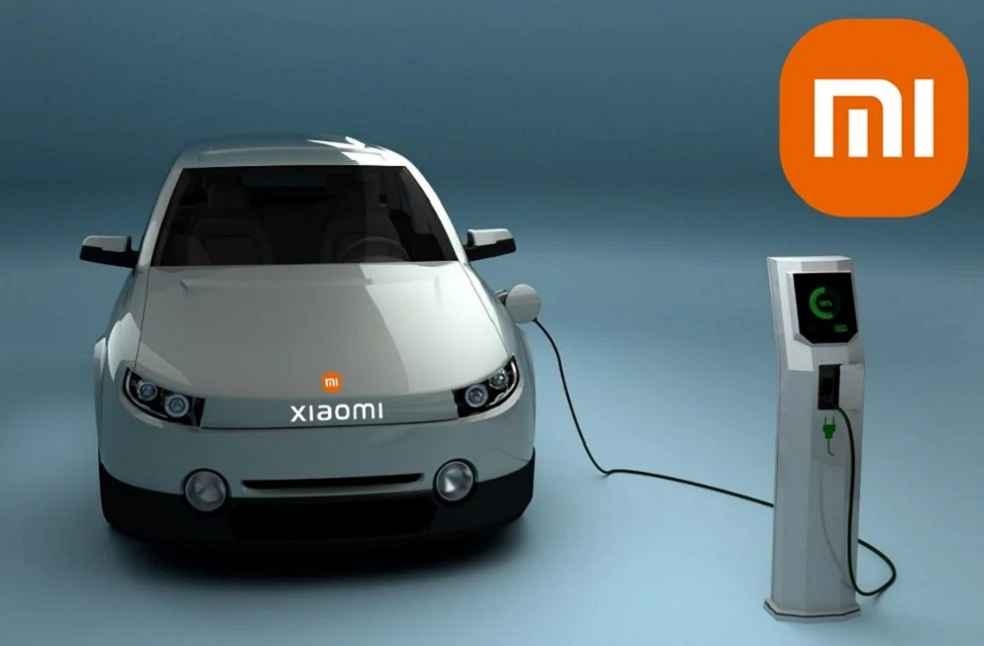Detroit-based auto parts supplier Lear is set to reduce its global workforce by approximately 15,000 jobs this year, accounting for an 8% decline in its hourly workforce. The move comes as the company seeks to maintain profitability amid declining vehicle production in North America and Europe. By the end of 2025, Lear anticipates a total workforce reduction of 25,000 to 30,000 employees over two years.
CEO Ray Scott, in a fourth-quarter earnings call, stated that restructuring investments would generate an additional $55 million in savings for 2025. Lear, a major supplier of seating and wire harnesses for both electric and combustion-engine vehicles—including models like the Cadillac Escalade iQL and Polestar 5—is adjusting its strategy to align with changing global demand.

As production in Western markets declines, Lear is shifting focus toward China, where domestic brands like BYD, Geely, and Xiaomi are gaining traction. While global auto production is expected to dip by 1% to 87.4 million vehicles in 2025, China’s output is projected to rise slightly to 29.3 million units, nearly matching the combined production of North America, Europe, and Africa.
Recognizing this trend, Lear is increasing business with Chinese automakers. Sales from Chinese brands are expected to constitute more than 37% of Lear’s revenue in China this year, up from 20% in 2021. The company has already launched its seating solutions on Xiaomi’s SU7 and secured contracts with BYD, Geely, Changan, and Dongfeng across its seating and E-Systems segments.

On potential trade risks, Lear refrained from speculating on the financial impact of any tariffs that could be introduced under a possible second Trump administration. However, Scott noted that Lear’s North American exports are significantly concentrated in Mexico, with $2.9 billion in parts exported to the U.S., compared to under $100 million from Canada and $20 million from China.
Scott emphasized that any labor-intensive manufacturing in North America, particularly in the seating segment, is largely dependent on Mexico, making potential tariffs a shared challenge for the entire industry.
UPCOMING | Volvo to Launch Five New Models Amid 2025 Market Challenges





